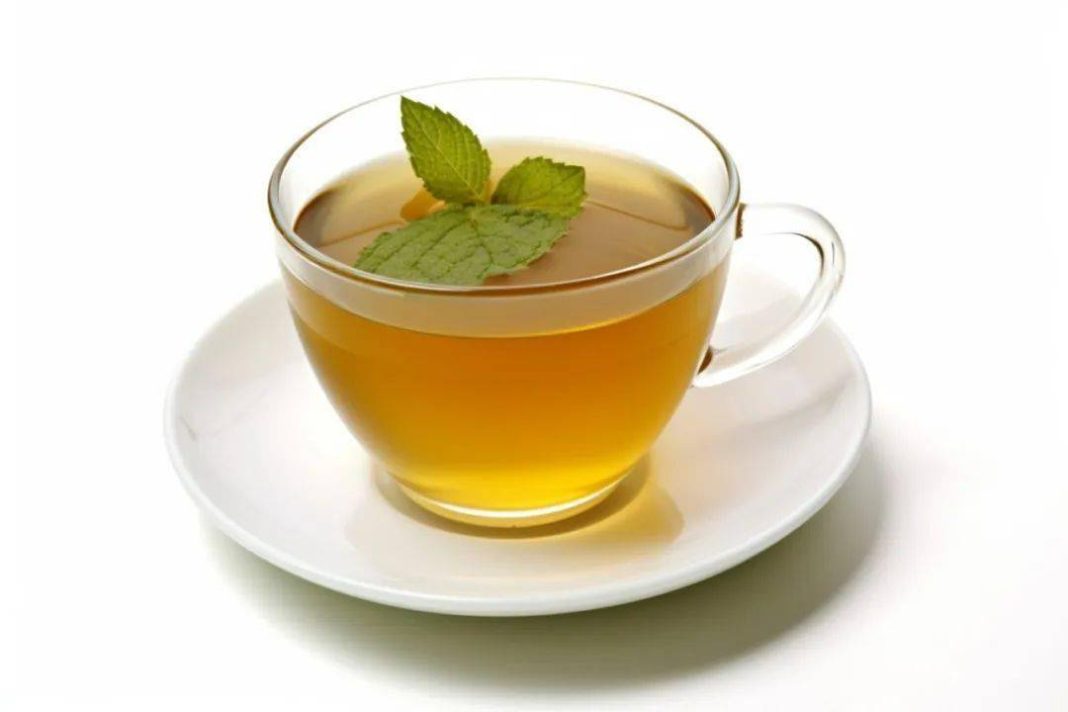What is “Bitter Summer”?
As we enter summer, temperatures rise, and many people feel lethargic, tired, sweaty, loss of appetite, and disrupted gastrointestinal function. These symptoms are referred to as “Bitter Summer”. Why does this situation occur? It is related to the entire phenology of summer – the human body’s yang energy is abundant during summer, evaporating outward, while the internal part of the body is empty. After the summer solstice, the body’s yang energy reaches its peak, but the internal “emptiness” also reaches its peak, leading to a decline in spleen and stomach function.
Therefore, during this period, both the north and the south have specific foods to counter Bitter Summer, such as northerners eating noodles and dumplings, and southerners having the habit of eating mutton. Why eat mutton during such hot weather? It is because at this stage, the body’s spleen and stomach are particularly weak, with external heat and internal coldness, which reminds us that cold foods should be avoided at this time. Cold foods can harm the spleen and stomach, further impairing their function and exacerbating the symptoms of Bitter Summer. Therefore, it is recommended to consume warm foods during this time.
Bitter Summer requires warmth and avoidance of coldness
If mutton is intolerable during Bitter Summer, for instance, unable to consume mutton during the three dog days, one can try ginseng stewed chicken. Chicken meat itself is warm in nature, usually being dry if stir-fried or roasted. However, at this stage, its warmth can tonify the spleen and stomach, and when stewed with ginseng, the chicken’s ability to tonify qi and nourish yin will be enhanced.
The traditional method of stewing ginseng chicken involves placing a whole ginseng inside the chicken belly, stuffing some glutinous rice, sealing the mouth, and simmering the soup directly over water. This soup has the effect of tonifying the spleen and stomach, nourishing qi and yin, making it suitable to drink during Bitter Summer. With a fortified spleen and stomach, heat resistance will also improve.
Therefore, do not rely on one’s own feelings and think that hot weather necessitates consuming cold things. In fact, after damaging the intestines and stomach, it does not benefit the subsequent recovery of the spleen and stomach functions.
Furthermore, drinking cold tea during Bitter Summer is also inappropriate. Cold teas, as the name suggests, mainly consist of herbs that are cold and clear heat and detoxify, and using them at this time can harm the spleen and stomach. Consuming large quantities of cold tea or detox teas during this season can first damage the spleen and stomach, and secondly, may lead to diarrhea.
However, individuals can opt for some appetizing and spleen-invigorating teas, such as traditional wumei soup brewed with wumei, hawthorn, and tangerine peel. Moreover, the wumei must be roasted, and the hawthorn should be fried, so as not to be cold and harm the spleen and stomach, promoting appetite and invigorating the spleen.
If there are symptoms of internal heat, it must be addressed from the source, often a type of deficiency heat, for which some qi-nourishing and yin-tonifying diet therapy can be used. For instance, after staying up late leading to internal heat, cooking American ginseng and dendrobium tea can help descend the deficiency heat without causing further harm to the spleen and stomach.
In summary, when Bitter Summer arrives, it is crucial to pay attention to protecting the spleen and stomach. Avoid ingesting cold, raw, refrigerated, or unclean food as the spleen and stomach function is relatively fragile during this period, making it susceptible to intestinal infections.
Yan Yuhong
Chief Physician, Department of Dermatology, Guangdong Provincial Hospital of Traditional Chinese Medicine, “Outstanding Young Medical Talent” of Guangdong Province, Young Excellent Doctor of Yangcheng, Top Talent of Guangdong Provincial Hospital of Traditional Chinese Medicine, disciple of National TCM Master Professor Xuan Guowei and Qihuang Scholar Professor Lu Chuanjian.
Source: “Huacheng FM” WeChat Official Account
Executive Editor: Wang Junfei
Verification and Proofreading: Zhang Liangwen
Responsible Editor: Chen Jiajia


